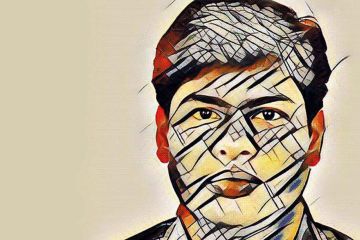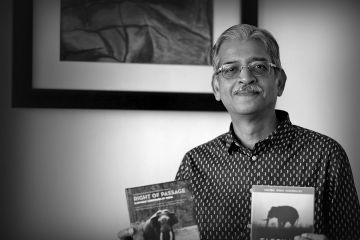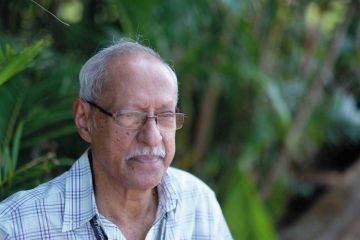
Mahesh Rao’s debut
novel, The Smoke is Rising, won the Tata First Book Award and was
shortlisted for several others, including the Shakti Bhatt First Book Prize and
the Crossword Prize. His second book, One Point Two Billion, is an ambitious
collection of short stories, set in various locations across India, and has
been greeted with rave reviews. In this interview, the author chats about the
other Naipaul, books that need to be carried on wheelbarrows, and what he has
in common with B





